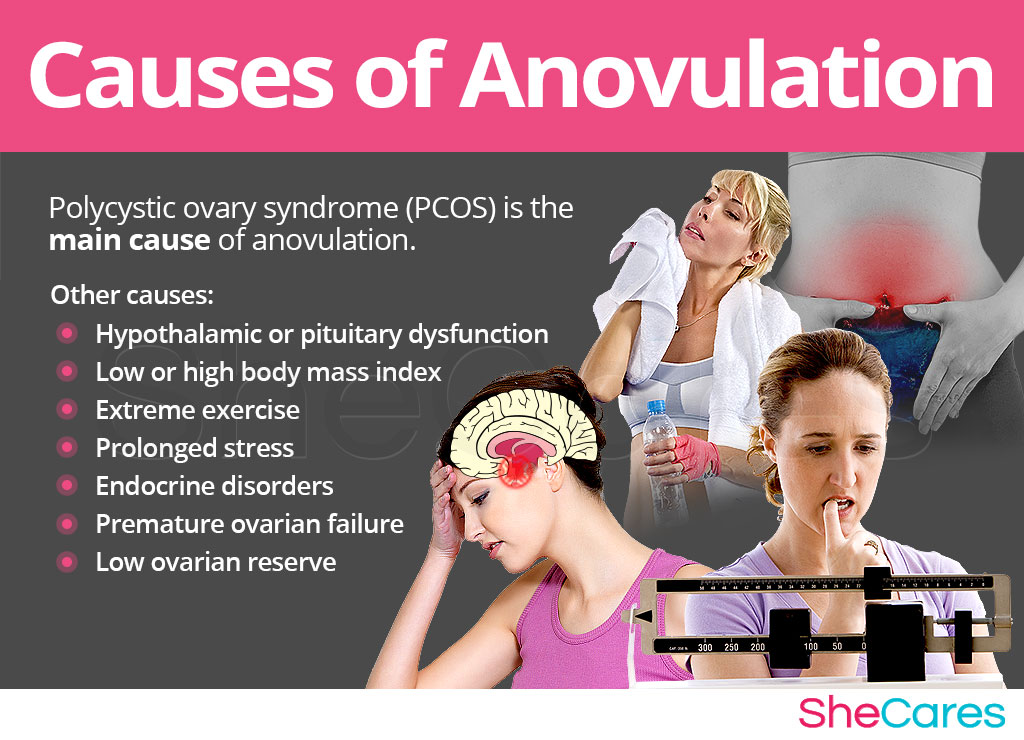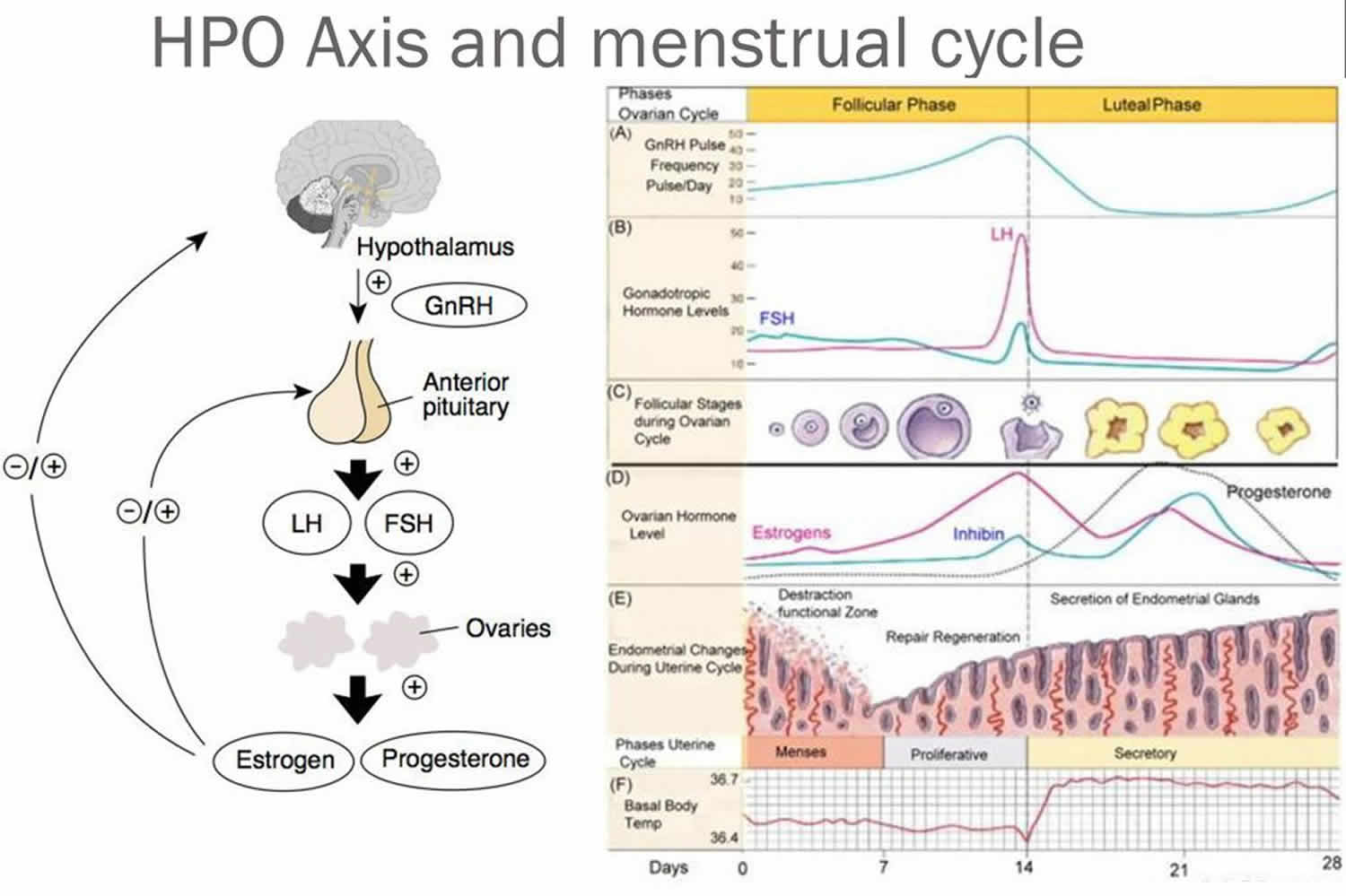Anovulation: Causes
So, you're having trouble ovulating? Don't worry, it happens to the best of us. Let's take a look at some possible causes and some ways to help you along.
Understanding Anovulation
Anovulation is just a fancy way to say you're not ovulating, which means you're not releasing an egg from your ovaries each month like you're supposed to. This can make getting pregnant a little difficult, as you need an egg to fertilize with the sperm.
But don't worry, you're not alone. About 1 in 4 women have trouble ovulating at some point in their lives.
What Is Anovulation?
Anovulation can be caused by a variety of factors, including polycystic ovary syndrome (PCOS), thyroid problems, pituitary gland disorders, stress, weight changes, and certain medications. It can also be caused by aging, as our bodies change over time.

Importance of Ovulating
Ovulation is necessary for a woman to become pregnant, so if you're trying to conceive, it's important to make sure you're ovulating regularly. It's also important to ovulate regularly to maintain healthy hormone levels and menstrual cycles.
Statistics on Anovulation
About 10 to 18% of couples have trouble getting pregnant, and in about a third of these cases, the cause is ovulatory dysfunction, like anovulation.

Types of Anovulation
There are two types of anovulation: primary and secondary.
Primary anovulation is when a woman has not yet started menstruating or has stopped having periods altogether. Secondary anovulation is when a woman has previously menstruated, but has suddenly stopped ovulating due to factors like stress, weight changes, or a hormonal imbalance.
Risk Factors for Anovulation
There are several risk factors for anovulation, including:
- PCOS
- Thyroid problems
- Stress
- Weight changes
- Certain medications
- Age
- Pituitary gland disorders
Recognizing Early Symptoms of Anovulation
There are several early signs that you may not be ovulating regularly, including:
- Irregular periods or completely absent periods
- Abnormal bleeding or spotting
- Pain or discomfort during sex
- Changes in sex drive
- Difficulty getting pregnant
/anovulation-and-ovulatory-dysfunction-1959926_final-c7c4656e187f4abaa8b81d791048419f.png)
Diagnostic Tests
If you suspect you may not be ovulating regularly, speak with your healthcare provider. They may recommend several diagnostic tests to help determine the root cause of your anovulation, including:
- Blood hormone tests
- Transvaginal ultrasounds
- Laparoscopic surgery
- Hysterosalpingogram (HSG)

Awareness and Prevention
While some cases of anovulation cannot be prevented, there are certain measures you can take to help prevent anovulation and maintain regular ovulation:
- Eat a healthy, balanced diet
- Exercise regularly
- Reduce stress
- Avoid smoking and excessive alcohol consumption
- Maintain a healthy weight
- Consult your healthcare provider before taking any new medications
Early Detection and Timely Treatment
If you suspect you may have anovulation, it's important to speak with your healthcare provider and receive timely treatment. Treatment options may include medication to regulate hormone levels, lifestyle changes, and in some cases, surgery.

Support and Resources
Dealing with anovulation can be difficult, but there are many resources available to help you cope. Support groups, online forums, and counseling can all be beneficial in helping you navigate the emotional aspects of having trouble ovulating.
Remember, you're not alone, and there are many treatment options available to help you along the way. With the right support and resources, you can take control of your anovulation and start on the path to improved reproductive health.
Komentar
Posting Komentar